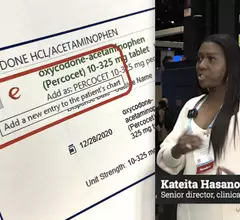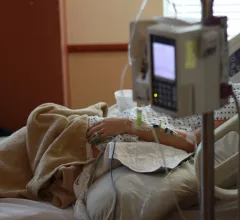Data Analytics
Hospitals and health systems use current and past data from its informatics systems to find trends, draw conclusions and identify the potential for improvement outcomes in patients and populations, and to support business decision-making. In patient care, data analytics can show areas that need improvement, and bottlenecks to faster and more accurate diagnoses. On the business side, health system data can be leveraged to lower costs, maximize revenue, streamline and improve operations. Data is increasingly being used to look at the larger picture of population health to identify traits that can flag patients that may need additional resources to prevent readmissions. It can also help identify patients at high risk for some diseases that can be contacted about additional screenings for improved preventative care.












